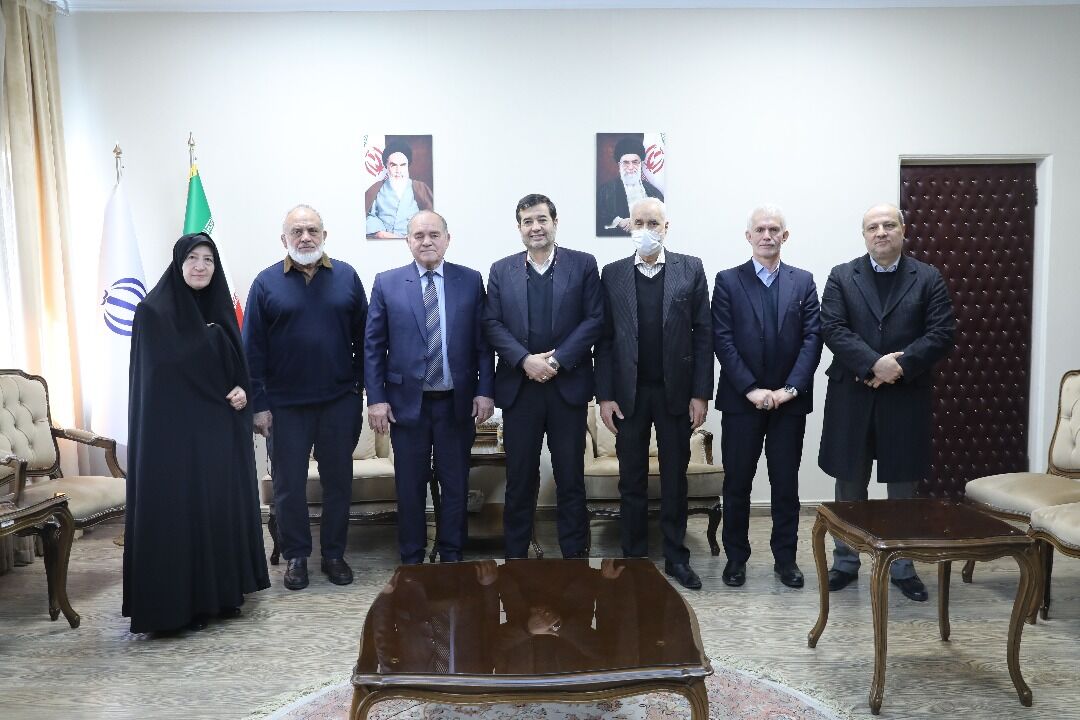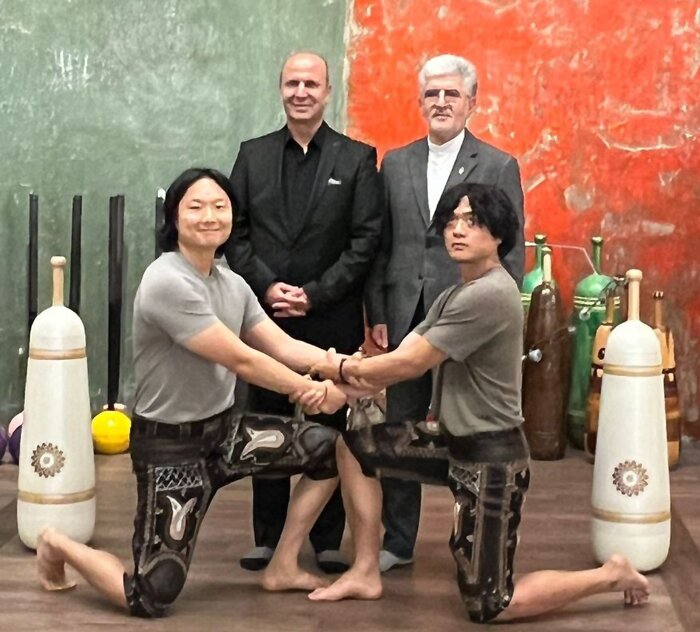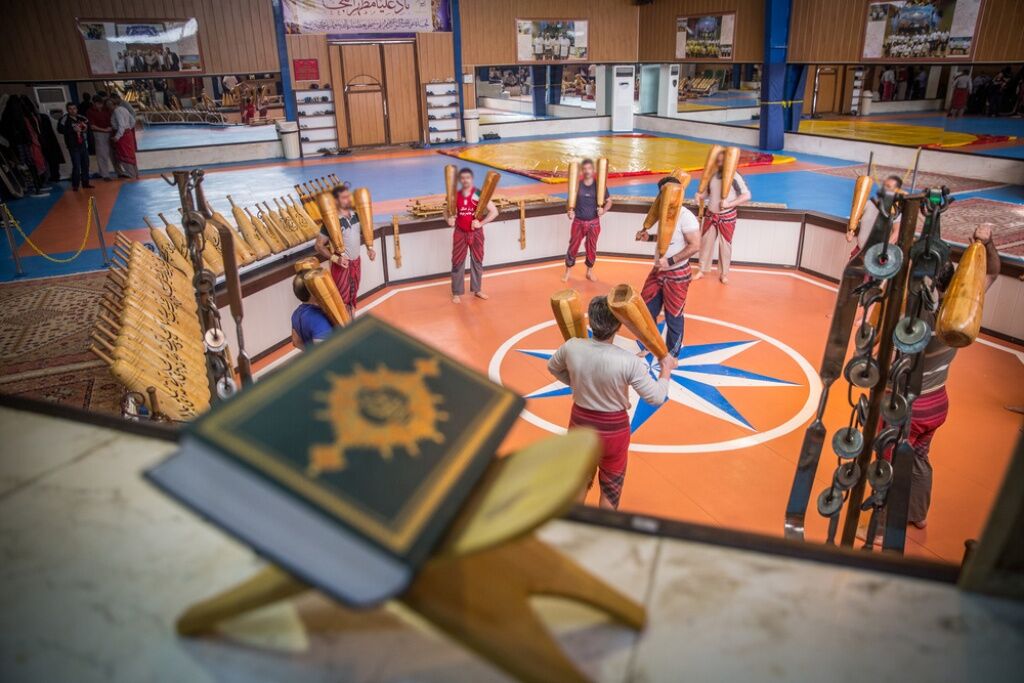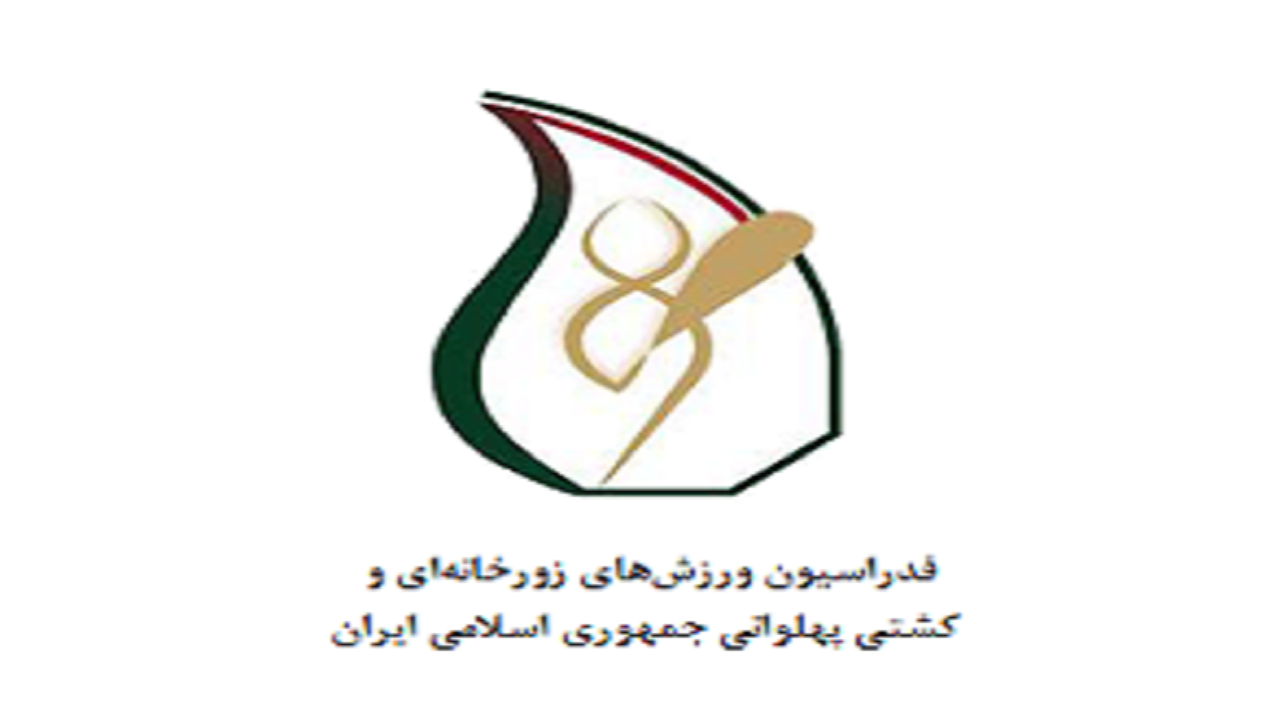Even though they were the reigning champions, with star players like Akram Afif, Almoez Ali and Hassan Al-Haydos, Qatar were not considered among the pre-tournament favourites to win the recent AFC Asian Cup, and the fact they replaced their head coach on the eve of the competition did little to boost external expectations.
However, Al Annabi would go on to prove the doubters wrong thanks to fantastic performances from their key players, including Meshaal Barsham, who had only recently become Qatar’s regular starter in goal, having fought hard to win the role from Saad Al-Sheeb, the Best Goalkeeper at the 2019 Asian Cup.
In the quarter-final against Uzbekistan, Barsham justified the coach’s faith in him, saving three penalties in the shootout to secure Qatar’s progression. He then backed up that strong performance with key saves against IR Iran in the semi-final and again in the title decider against Jordan.
Ahead of the third round of matches in the second stage of AFC qualification for the FIFA World Cup 26™, FIFA spoke to Barsham about Qatar’s recent achievements, their ambitions for the near future and his memories of the FIFA World Cup Qatar 2022™, where he played two group-stage matches.
What’s been the secret of your success on the continental stage over the last few years? When the head coach was replaced just weeks before the tournament, did you expect to retain your Asian Cup title?
The main reason we’ve been so successful is our system. As a squad, we’ve been playing together for years so we understand each other really well and that’s why we were able to win the Asian Cup.
We’re all very driven and we feel like nothing can stop us from achieving our goals, and that’s helped us to win so consistently. Of course, we’ve hit some hurdles along the way. Our results at the World Cup weren’t as good as the fans would have expected, but we knew we were capable of making up for that and, if we worked together, we could win.
At the Asian Cup, we took each match as it came. We never thought ahead to the final or achieving specific targets, we just focused on the next match, and that was key to winning the title.
Tintin Marquez took over as head coach just before the tournament. What do you think he brought to the team to help you win the title?
Most of our squad are graduates of the Aspire Academy, which follows the model that most Spanish coaches like to implement. Of course, there are small differences between each coach, but the overall style is similar.
Coach Marquez is part of that school of thought and has spent several years coaching in Qatar, so he already knew our players and understood our strengths. Because of that, we didn’t find it difficult to adapt to any tactical changes he made.
The confidence he placed in us really helped too. From day one, he told us he trusted us and asked us to trust him and focus on the next match. Ultimately, we achieved our goal, thank God.
What was the hardest moment in your latest Asian Cup campaign, and did you ever feel like it might be the end of the road?
In my opinion, it was the match against Iran, especially the last 10 or 20 minutes. I thought it was all over when Alireza Jahanbakhsh hit the post. I was really worried then, but we got through it, thank God.
You were named as the Best Goalkeeper at the Asian Cup. Your brother, Mutaz, has been winning medals as a high jumper from a young age and now has two Olympic silver medals and an Olympic gold to his name. Has his success had an influence on your career?
My brother’s achievements have definitely helped me. I was quite young when he started representing Qatar and winning medals, so I saw him as a role model and hoped to succeed just like him. In fact, seeing my brother succeed gave me the belief that I could as well because, after all, we have the same genes.
Mutaz has always supported and motivated me. Whenever things were difficult, he was there for me, so he’s had a really positive impact on my career.
At the World Cup in 2022, you were on the bench for the first match but started the next two. Were you frustrated at the prospect of not playing at the tournament when you found out the first starting XI?
I wasn’t disappointed to be on the bench because, ever since I was a child, my dream was to be part of a World Cup squad with Qatar. When they announced Qatar was going to host the tournament, my goal was to be part of the squad, whether or not I got to play. Thank God, I achieved my dream and even got to play two matches in my country, in front of our fans, which was an incredible experience.
What do you make of your chances of qualifying for the FIFA World Cup 26™? With two matches against Kuwait on the horizon, how do you think the qualifying campaign is going?
Thank God, we started our qualification campaign well, beating India and Afghanistan. Now, we’re ready for the two matches against Kuwait, especially after our success at the Asian Cup. We’ll try to take all six points to secure our spot in the next round nice and early and avoid the pressure of leaving it late.
Like every team, we’ve got a chance of qualifying for the World Cup, but I think our chances have grown after winning the Asian Cup. Of course, we’re under more of a spotlight now. The other teams will be willing to give 200 per cent and will be very well-prepared to face us, but that just means we need to be even better.
- نویسنده : محمدمهدی اسماعیلی رها






























Monday, 28 July , 2025